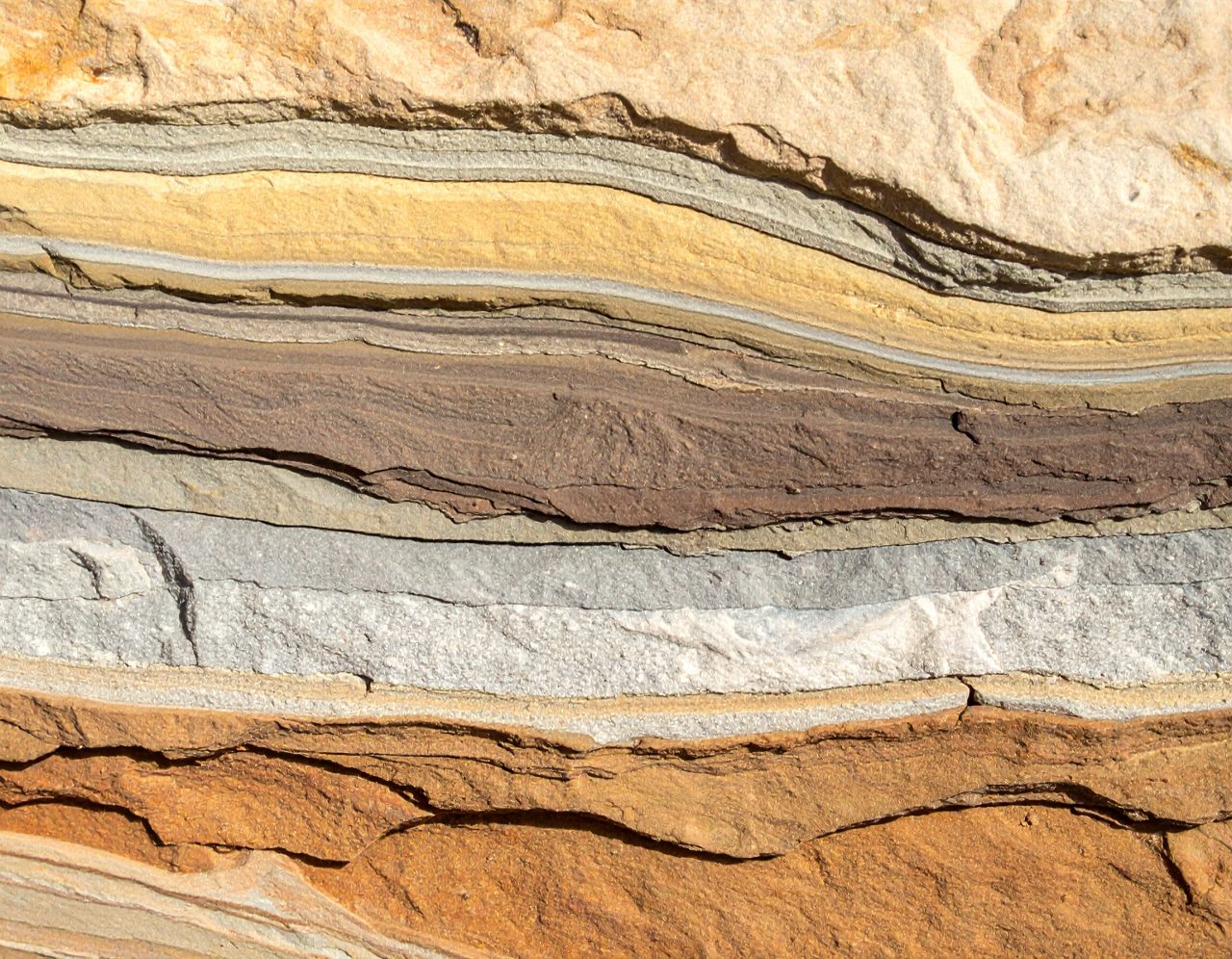Intensive Trainings

- This event has passed.
Sedimentary Rocks and Depositional Environments
18th July 2022 - 20th July 2022

Why Choose this Training Course
This is a sedimentary rocks training course. Sedimentary rocks and their depositional environments are fundamental to all aspects of petroleum geoscience, including evaluation of the petroleum system, exploration, field appraisal, reservoir characterisation and development, and solving production issues. Equally, they are fundamental to the study of stratigraphy, mineral resources, water resources and global environmental change.
Sediments deposited in rivers and deserts, deltas and deep-sea fans, coasts, shelves and contourite drifts, bioherms and carbonate platforms, all differ significantly in their rock properties, diagenetic character, heterogeneity and architecture. Such differences are key to understanding their behaviour as source rocks, migration pathways, reservoir rocks and seals, in both conventional and unconventional hydrocarbon systems.
This sedimentary rocks training covers clastic, carbonate, evaporite and volcaniclastic sediments, and the full range of settings in which they are deposited – including continental, shallow marine and deepwater depositional environments. Careful consideration is given to the principal diagnostic features of sediments from the main environments – in the field, in cores/bore-holes, and in modern systems. Rock features include sedimentary structures, textures, composition, petrophysical characteristics, and biogenic/organic content. For each environment, selected wireline logs will be examined, and the overall rock geometry or architectural elements discussed. A series of case studies will illustrate a range of hydrocarbon fields and plays from each of the main depositional environments.
The presentations are fully illustrated with high quality colour images of sediments and sedimentary rocks from a wide range of modern, ancient and subsurface examples.
The sedimentary rocks training will build on the handbook Sedimentary Rocks in the Field (Stow, 2005) and the new edition in preparation, Sedimentary Rocks in the Field and Core (Stow and Gerard, 2021). Each participant will receive a copy of the latest revised edition of this book as well as a full set of the PowerPoint presentations.
Who Should Attend
- Geologists
- Geophysicists
- Petroleum engineers
- Project and senior management.
Key Learning Objectives
- UNDERSTAND the economic and environmental significance of sedimentary rocks
- APPRECIATE the full range of sedimentary rocks and their key differences
- RECOGNISE the nature and origin of the principal sediment characteristics
- DISTINGUISH between types of sedimentary rocks – modern, ancient and subsurface
- EVALUATE sediments in terms of the processes and environments of deposition
- ASSESS and interpret facies associations, sequences and architectural elements
- FOCUS on source, reservoir and seal properties of different sediment types
- RESOLVE clearly and simply between different depositional environments in the subsurface
- GAIN an astute understanding of what questions to ask and what analyses to make
- BECOME a better 21st century sedimentologist



